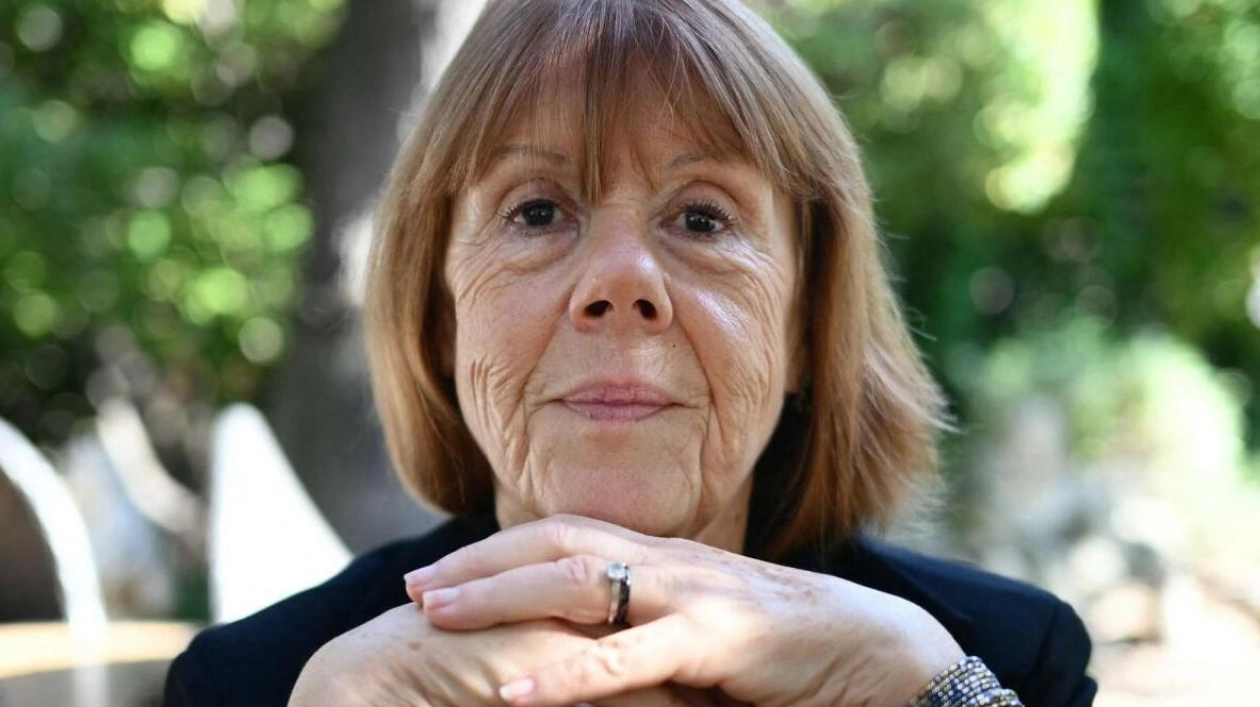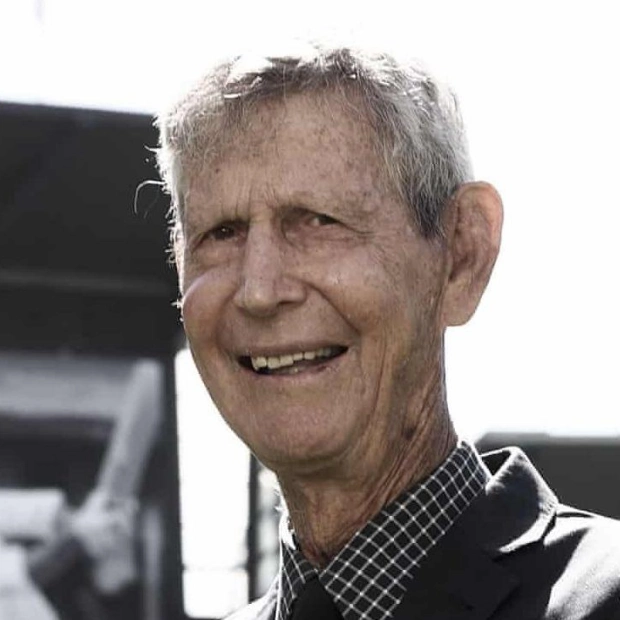Gisele Pelicot faced her former partner in Avignon on October 23, 2024, during the trial where he was accused of drugging her for nearly a decade and inviting strangers to rape her at their home in the small southern town of Mazan. — AFP
Her husband's orchestration of her sexual abuse by strangers could have shattered her, but by confronting her abusers in court and demanding they face shame, France's Gisele Pelicot has emerged as a feminist icon. After three and a half months of intense hearings, including graphic video evidence, the trial is set to conclude with sentencing by the end of next week.
When the trial of her ex-husband and 50 other defendants began in Avignon in September, journalists noticed a woman with short red hair, often hiding behind sunglasses. The main victim in this shocking case was a grandmother whose life partner admitted to drugging her for almost ten years, allowing him and dozens of strangers he recruited online to rape her while she was unconscious.
However, Gisele Pelicot chose to waive her right to anonymity, insisting that the trial be open to the public to raise awareness about drug-facilitated abuse. Her courage won the hearts of people across France and beyond, inspiring a wave of art in her honor. She declared that it was her abusers—not her—who should feel ashamed.
"I wanted all women who are rape victims to tell themselves: 'Mrs. Pelicot did it, so we can do it too,'" she told the court in October. "It's not us who should feel shame, but them," she added, referring to the perpetrators. As news of the trial spread, protests erupted across France in support, and fans began cheering her on or even greeting her with flowers as she arrived at court. Over the course of the trial, Gisele Pelicot shed her dark sunglasses.
As the verdict approaches on December 19 or 20, the 72-year-old has been named on the BBC's 100 Women list for 2024, alongside fellow mass rape survivor and Nobel Prize winner Nadia Murad and Hollywood actress Sharon Stone. In August, Pelicot obtained a divorce from her husband, who confessed to the abuse after meticulously documenting it with photos and videos. She has since moved away from the southern town of Mazan, where, in her own words, her husband Dominique Pelicot treated her like "a piece of meat" or a "rag doll" for years. She now uses her maiden name but requested the media use her former married name during the trial, the name shared with some of her seven grandchildren.
In mid-September, she broke her usual reserve to express her humiliation and anger towards several lawyers who had made insinuations about her ordeal. "Rape is rape," she stated. In October, she admitted she was "broken" but determined to change society. Last month, she again addressed the court, calling for a shift in the "macho, patriarchal" attitudes towards rape. She described the marathon hearings as an examination of the "cowardice" of the men involved in the assaults. Many argued they believed they were participating in a couple's fantasy, consenting through her husband. She expressed her anger that none of her abusers alerted the police about the rapes, which occurred between 2011 and 2020. Several took part in the abuse multiple times.
Fifty men, including her 72-year-old ex-husband, are on trial, with one defendant accused of repeatedly abusing his own wife with Dominique Pelicot's help. Several co-defendants have admitted to rape, but more than 20 suspects remain at large as investigators failed to identify them before the mass trial began. Born on December 7, 1952, in Germany, Gisele Pelicot moved to France with her family at the age of five. When she was nine, her mother, aged just 35, died of cancer. Her older brother Michel died of a heart attack at 43, before her 20th birthday. She met Dominique Pelicot, her future husband and abuser, in 1971. She had dreamed of becoming a hairdresser but instead trained as a typist. After a few years of temporary work, she joined France's national electricity company EDF, retiring from a logistics role in its nuclear power plants. At home, she cared for her three children and then seven grandchildren. After retiring, she enjoyed walking and singing in a local choir. It was only when the police caught her husband filming up women's skirts in a supermarket in 2020 that she discovered the true reason behind her troubling memory lapses.
Source link: https://www.khaleejtimes.com






